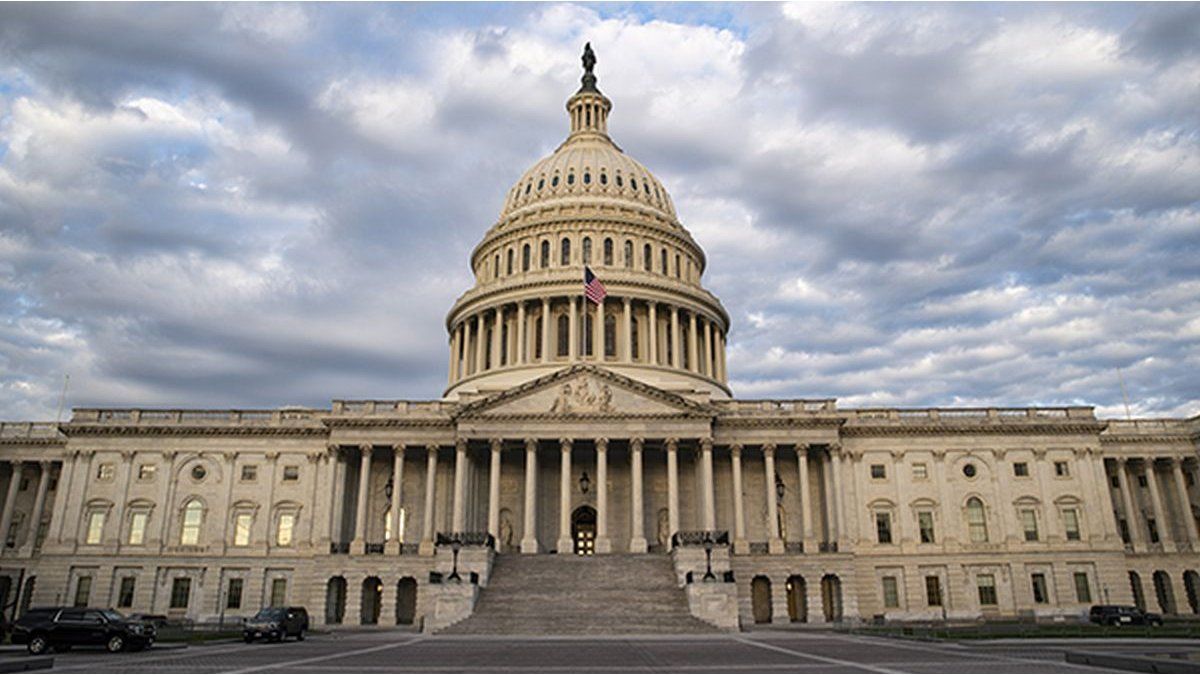After the former head of state was arrested, Dina Boluarte wanted to ensure peace. That went wrong. The left-wing ex-president’s supporters sense betrayal and take their frustration to the streets.
The political crisis in Peru is getting more and more out of control: demonstrators and police officers have once again engaged in serious clashes in protests against the government across the country. In the capital Lima, officials fired tear gas into the crowd on Friday and government opponents hurled stones, as was seen on television. Around 11,800 police officers were on duty, police chief Victor Zanabria said. Dozens of people have died in Peru since the protests began in December.
“I regret the dead and injured,” said the special envoy of the UN human rights commissioner, Christian Salazar Volkmann, on Friday after a meeting with government officials. “We have also asked the government for information on how they intend to investigate these cases and prevent them in the future.”
Choas days in Peru
In the southern city of Arequipa, demonstrators tried to storm the airport, radio station RPP reported. Anti-government officials set fire to a police station in Chucuito province. In the Cusco region, demonstrators set fire to a miners’ camp. The government declared a state of emergency for several regions of the South American country.
The protests are directed against the government of interim President Dina Boluarte. The demonstrators are demanding the resignation of the head of state, the dissolution of the congress and the release of the imprisoned ex-president Pedro Castillo. The former village school teacher wanted to forestall a vote of no confidence in December and dissolved the congress. Parliament then removed him from office. He was arrested on charges of an attempted coup and is in custody.
Above all, indigenous people from the poor south of the country saw the dismissal as a blow from the old elites from the capital Lima on one of their own. Although Boluarte was Castillo’s vice president, she was later expelled from his party Perú Libre and distanced herself from the left in Congress.
After being sworn in as Peru’s first female president, she quickly indicated that she wanted to remain in office until the end of the 2026 parliamentary term. Many members of Congress supported their plan – probably in order to keep their seats in parliament longer. In her inaugural speech, the new head of state primarily sought support in Congress instead of trust among the electorate in the country.
It was clear to Castillo’s supporters in the south: Boluarte had stabbed her former boss in the back and was now also betraying the small farmers, day laborers and indigenous people who had once hoisted Castillo into office. Especially for the poor, the former farmer and trade unionist also had a great symbolic meaning: he stood for rural, indigenous Peru, which always felt despised by the European elites in Peru.
Clashes and political crisis
But the security forces responded brutally to the protests. Seven people lost their lives in Ayacucho before Christmas – particularly bitter in a region where the wounds of the civil war in the 1980s are still fresh. Although Boluarte then rowed back and announced early elections for April 2024, the protests flared up again in the new year.
Since then, there have been bloody clashes between demonstrators and the police almost every day. The security forces, in particular, proceed with extreme severity. The state ombudsman felt compelled to issue an official statement to the police on Friday, reminding them that torture is prohibited by the constitution.
Peru has been in a permanent political crisis for years. The powerful Congress and government are constantly vying for power, and all recent presidents are either in prison, have fled abroad, or are under investigation. “Peru is becoming increasingly ungovernable,” writes political scientist Gonzalo Banda in the Americas Quarterly magazine. “Democracy survives only because of the incompetence of its opponents, not because of its strength.”
Source: Stern
David William is a talented author who has made a name for himself in the world of writing. He is a professional author who writes on a wide range of topics, from general interest to opinion news. David is currently working as a writer at 24 hours worlds where he brings his unique perspective and in-depth research to his articles, making them both informative and engaging.




